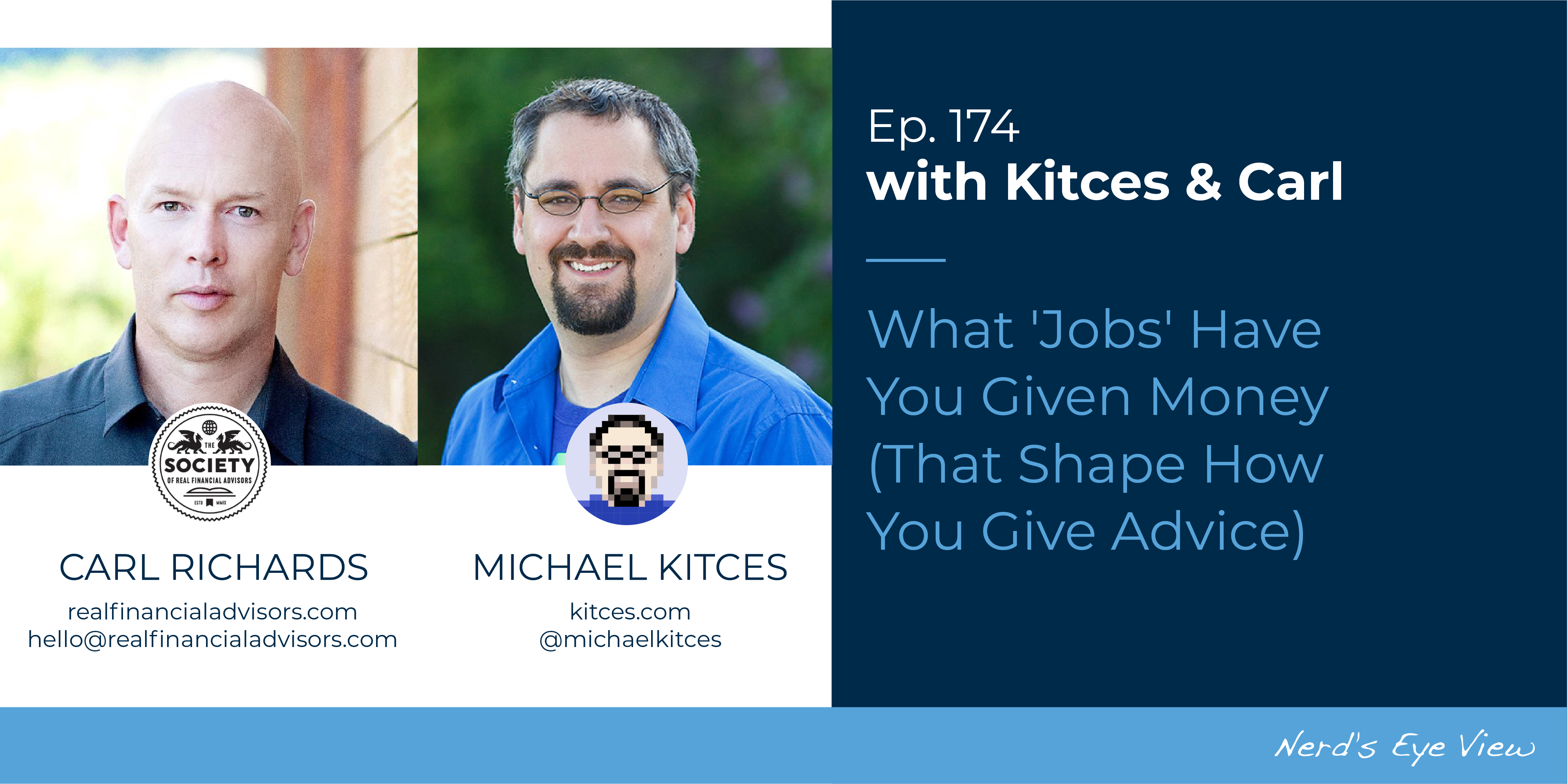The CEO pay of the largest publicly traded wealth management firms may not carry much weight for financial advisors, but it represents a barometer of the industry’s bottom line.
Judging by the below rankings of CEO compensation across 13 of the biggest firms in the business, wealth management scored big for them last year. While the firms at the top of the list — JPMorgan Chase, Goldman Sachs, Bank of America and Citi — can point to any number of other business units adding to their bottom lines, each in the baker’s dozen of companies garners at least some of its revenue from direct retail wealth management. Goldman’s David Solomon joined JPMorgan’s Jamie Dimon in a tie for the top spot — creating a slightly different makeup for the group from the prior year.
The megabanks tend to reward their CEOs more handsomely than the comparatively smaller wealth management giants, but their annual meetings attract more attention from shareholder groups raising objections to the companies’ executive compensation packages. And advisors are more likely to notice the pay for specific wealth management leadership roles, such as Morgan Stanley’s Andy Saperstein and Citi’s Andy Sieg, than the amount provided to the overall CEO, according to Jason Diamond, an executive vice president and senior consultant with advisor recruiting firm Diamond Consultants.
“It is probably not something that advisors point to when leaving or joining a firm, but I think it contributes to what a lot of times advisors will describe as a cultural mismatch,” Diamond said. The massive pay number for the C-suite and other high-level roles at publicly traded firms reflects whether the company has “stable, solid leadership that’s done a good job with your stock price,” he noted. In other words, the figures turn advisors’ heads, but only sometimes.
“They care to the extent that they need to care. Some CEOs take a pretty hands-off approach to wealth management,” Diamond said. “Advisors care about the people who impact their business and the people who have a voice in their business.”
The questions of whether a company is providing “the tools they need to be an effective financial advisor to their clients” and paying them appropriately matter more to most advisors than the firm’s CEO pay, according to Jodie Papike, the CEO of independent advisor and executive recruiting firm Cross-Search. The right infrastructure, technology and support loom larger than executive pay, she said.
“Sometimes those numbers will be so high that it catches their attention, but I think, for the most part, advisors don’t care,” Papike said. “Those are the things that really matter, but CEO pay is not going to move the needle for an advisor.”
For a look at the CEO pay last year at 13 of the largest firms in wealth management, scroll down the slideshow. And follow these links to see previous CEO pay packages in 2023, 2022 and 2021.
Note: Each of the firms shared executive pay in their 2025 proxy statements or 2024 annual reports. Financial Planning used the most precise and highest available figures using the firms’ summary compensation tables, news reports aggregating the companies’ CEO pay or other figures from their annual filings.



























